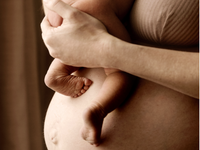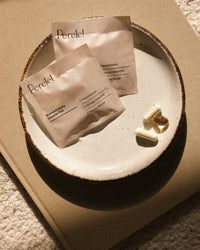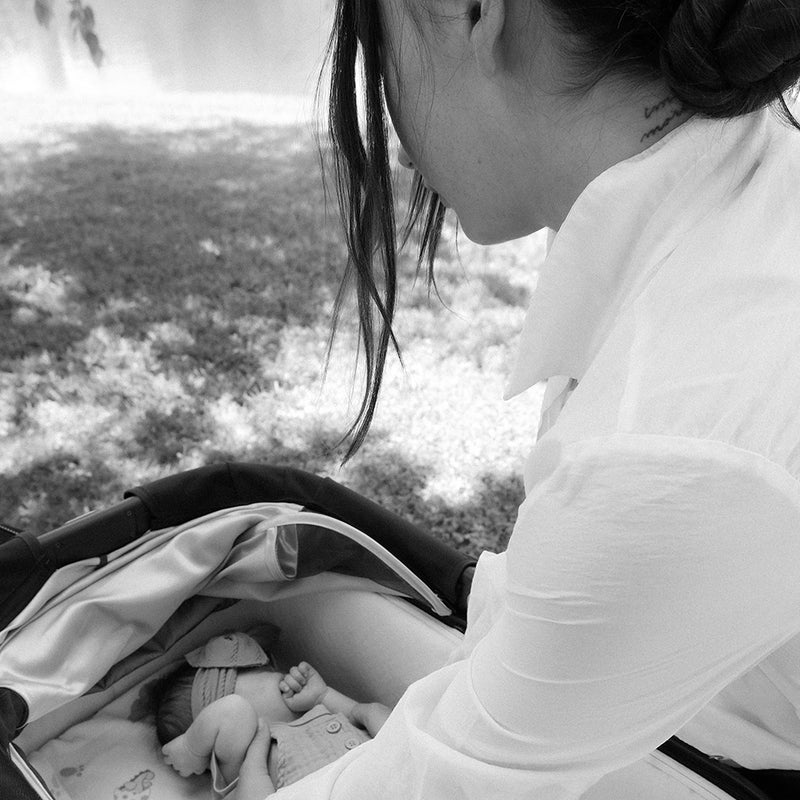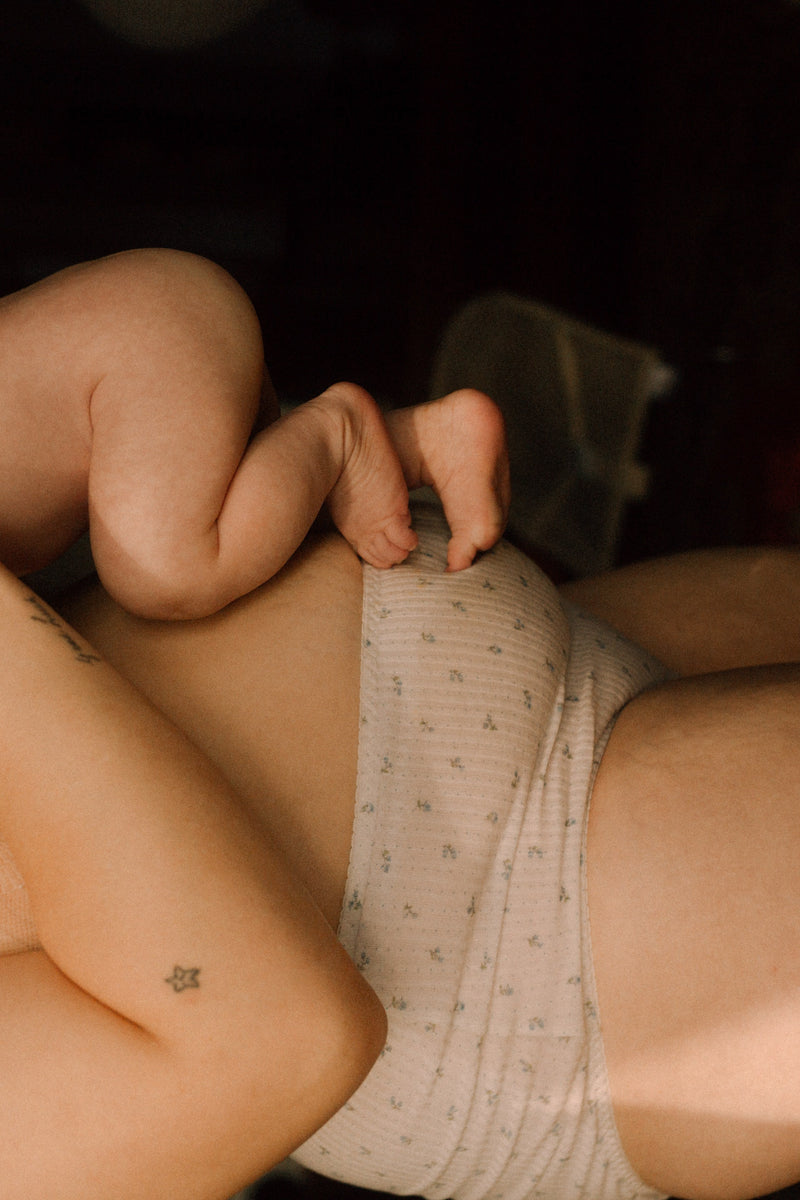The first few weeks of new-parenthood can be overwhelming. Your body is in recovery mode, your sleep cycle is out the window, and you’re navigating a brand-new family dynamic. And just to make it a bit more complicated, your body goes through major hormonal changes after delivery, which can wreak havoc on your mood. So it’s no surprise that up to 80 percent of women experience the “baby blues,” or feelings of sadness in the days after giving birth.1
These feelings typically subside after a few days, but if they linger longer, you may be dealing with postpartum depression (PPD), which affects around 15 percent of women after giving birth.2
PPD is a serious condition that typically starts within a few weeks of giving birth and can cause intense sadness, worry or exhaustion. This may interfere with your ability to care for yourself and your baby, so it’s important to recognize the common signs of postpartum depression and get the care you need.
Here are a few signs your “baby blues” may be something more.
1. The sadness persists for more than two weeks.
Postpartum depression symptoms may include sadness, mood swings and frequent crying. These symptoms are also common with the “baby blues,” but pay attention to how long they persist. If you’re still feeling low after two weeks3—or if any of your symptoms are severe—let your doctor know.
2. You feel disconnected or detached.
Some parents feel an instant bond with their baby, while others build their connection more gradually.4 But if you’re struggling to feel an emotional attachment to your baby, this could be a sign of postpartum depression. Research suggests around 12 percent of women experience a delay in bonding in the first two days after delivery, and that number dips to 7 percent after two weeks—but 57 percent of women with severe PPD report impaired bonding.5
Other connections in your life may suffer too—another common PPD symptom is withdrawing from family or friends.
3. You’re having sleep issues.
Sleep deprivation is a common complaint among new parents. As sweet as those middle-of-the-night snuggles are, lack of sleep can lead to fatigue, irritability and an inability to concentrate, all of which can boost the risk of developing PPD or make its symptoms worse.6
And the connection between sleep and postpartum depression seems to be a two-way street. Research suggests PPD may throw off your sleep cycle, so if you find you’re struggling to fall asleep, or you’re sleeping too much, those can be signs of postpartum depression.7
4. You’re feeling intense anxiety, hopelessness, or worthlessness.
Along with sadness, you may feel negative emotions like anger, anxiety, low self-worth or a lack of interest in things you used to enjoy. It’s also common for women with PPD to feel guilty that they’re not experiencing 24/7 baby bliss. But it’s important to recognize that having postpartum depression doesn’t reflect on you as a mother—PPD is caused by a combination of genetic, hormonal, psychological and social factors.8
If you’re experiencing symptoms, your doctor can help you navigate treatment options. If you have any thoughts of harming yourself or your baby—or you notice symptoms of postpartum psychosis such as obsessive thoughts, hallucinations, delusions or paranoia—seek urgent medical care, as this can be life threatening.
Treatment Options for PPD
If you’re dealing with postpartum depression, there are a wide range of treatment options available. Your OB/GYN or primary care physician can help to pinpoint what might be causing your PPD and find the best possible treatment.9 This may include:
- Therapy
- Antidepressant medications
- Social support
- Self-care techniques
Can you take antidepressants while breastfeeding?
The short answer is yes, some antidepressants are safe while breastfeeding. However, it’s important to talk to your doctor. Research suggests certain antidepressants pass into breast milk in higher concentrations than others.10 Your doctor can help you find the safest possible medication to effectively manage your PPD symptoms.
Next up: Everything you want to know about postpartum anxiety and postpartum hair loss.
Sign up to receive doctor-backed, stage-specific content in your inbox each week.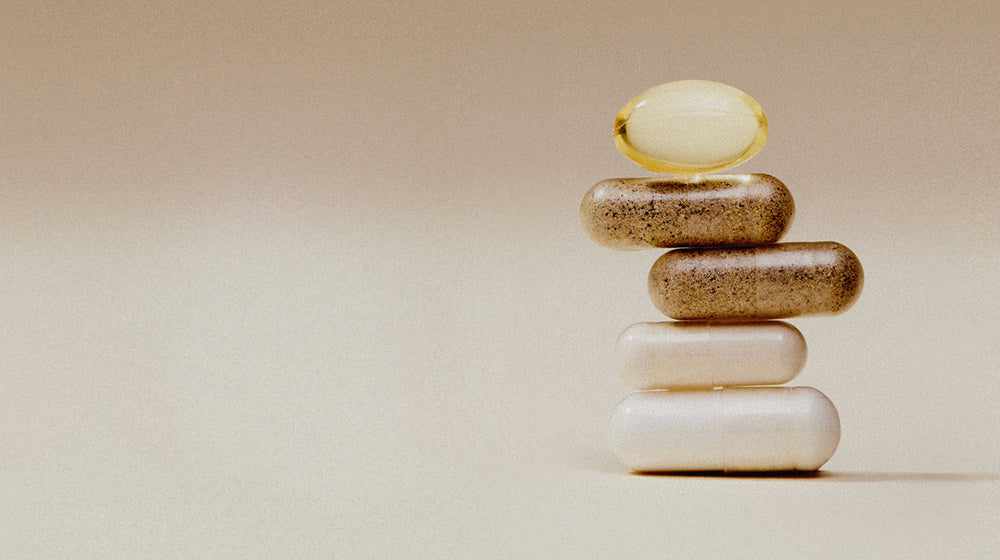
theFolio in Your Inbox
References:
1. American Pregnancy Association: Baby Blues
2. National Library of Medicine: Postpartum Depression
3. Office on Women’s Health: Postpartum depression
6. Beth A Lewis; The effect of sleep pattern changes on postpartum depressive symptoms; Jan 2018
7. Mayo Clinic: Postpartum depression
8. National Library of Medicine: Postpartum Depression
9. Office on Women’s Health: Postpartum depression
10. Lauren Chad MD et al; Update on antidepressant use during breastfeeding; Jun 2013
This article is for informational purposes only. It is not, nor is it intended to be, a substitute for professional medical advice, diagnosis, or treatment and we recommend that you always consult with your healthcare provider. To the extent that this article features the advice of physicians or medical practitioners, the views expressed are the views of the cited expert and do not necessarily represent the views of Perelel.





